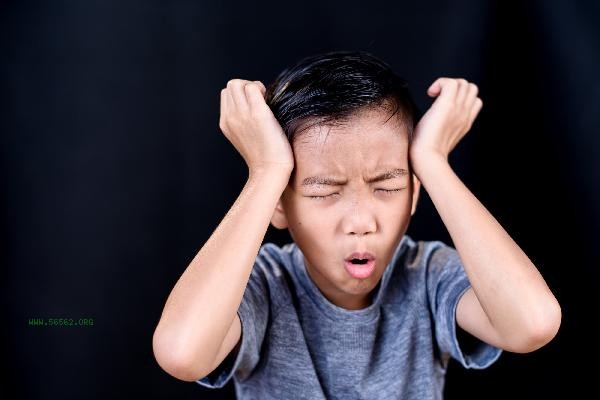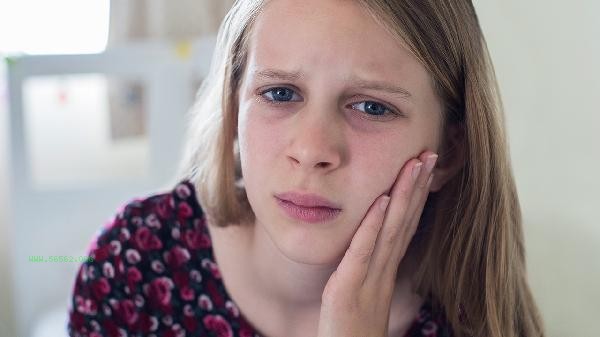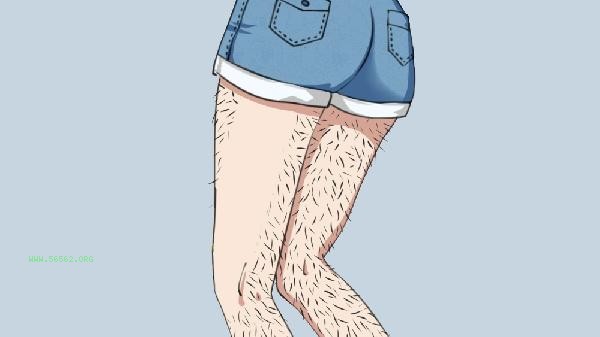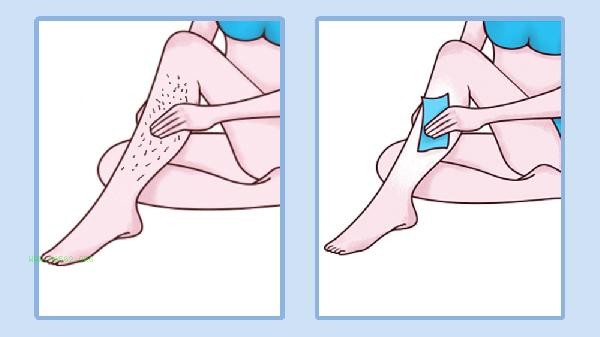Hair loss in 8-year-old children may be caused by nutritional deficiencies, scalp infections, mental stress, genetic factors, autoimmune diseases, and other reasons. Hair loss is manifested as sparse hair, patchy shedding, or receding hairline. It is recommended that parents take their children to seek medical attention in a timely manner to investigate the cause and avoid using hair growth products on their own.

1. Nutritional deficiency
Children who are picky eaters or have an unbalanced diet may have insufficient intake of key nutrients such as protein, iron, and zinc. Iron deficiency can affect hair follicle cell division, while zinc deficiency can lead to abnormal keratinization of hair follicles. Long term lack of vitamin D and B vitamins can also hinder the hair growth cycle. Parents should pay attention to providing their children with fish and eggs rich in high-quality protein, animal liver rich in iron, and shellfish food high in zinc. If necessary, supplement children's specific nutrients under the guidance of a doctor.
2. Scalp infection
Fungal infections such as tinea capitis are more common in children, mainly transmitted through contact with sick pets or shared items such as combs. Bacterial infections such as folliculitis are often caused by inadequate cleaning after sweating. Parasitic infections such as milkweed can be transmitted through close contact. These infections can cause local redness, scaling, and accompanied by hair loss, and require treatment with ketoconazole detergent, antibiotic ointment, or lice removal medication. During the treatment period, the child's supplies should be disinfected at high temperatures.
3. Mental stress
psychological factors such as academic pressure, family changes, or campus bullying may trigger children's hair pulling addiction or dormant hair loss. Manifested as unconscious pulling of hair or significant hair loss in a short period of time, usually not accompanied by scalp lesions. Parents should communicate to relieve emotional stress, establish a regular schedule, and seek help from a psychologist if necessary. Appropriately increasing outdoor exercise and aerobic activities can help alleviate anxiety.

4. Genetic factors
Some congenital hair loss, such as hereditary hirsutism, can manifest in early childhood, characterized by thin, sparse hair and slow growth. Some chromosomal abnormality syndromes can also be accompanied by hair development disorders. This type of situation needs to be diagnosed through genetic testing, and currently nutritional support and scalp care are the main methods. Treatment options such as hair transplantation may be considered in adulthood.
5. Autoimmune disease
Alopecia areata is a common cause of sudden hair loss in children, where the immune system mistakenly attacks hair follicles, resulting in circular patches of hair loss. Thyroid dysfunction such as Hashimoto's thyroiditis may also cause diffuse hair loss. This type of disease requires immune function testing and hormone level testing. Corticosteroid injections or topical minoxidil solutions are commonly used for treatment, and in severe cases, oral immunomodulatory drugs are required. Parents should observe their children's hair loss progress daily, record the amount of hair loss and scalp condition, and avoid using adult shampoo products. Ensure that the daily sleep time is not less than 9 hours, control the frequency of hair washing to once every 2-3 days, and the water temperature should not be too high. Add foods rich in unsaturated fatty acids such as black sesame and walnuts to the diet, and reduce the intake of high sugar snacks. If hair loss persists for more than 2 months or is accompanied by symptoms such as sunken nails and white patches on the skin, it is necessary to seek medical attention from a pediatrician or endocrinologist as soon as possible.









Comments (0)
Leave a Comment
No comments yet
Be the first to share your thoughts!